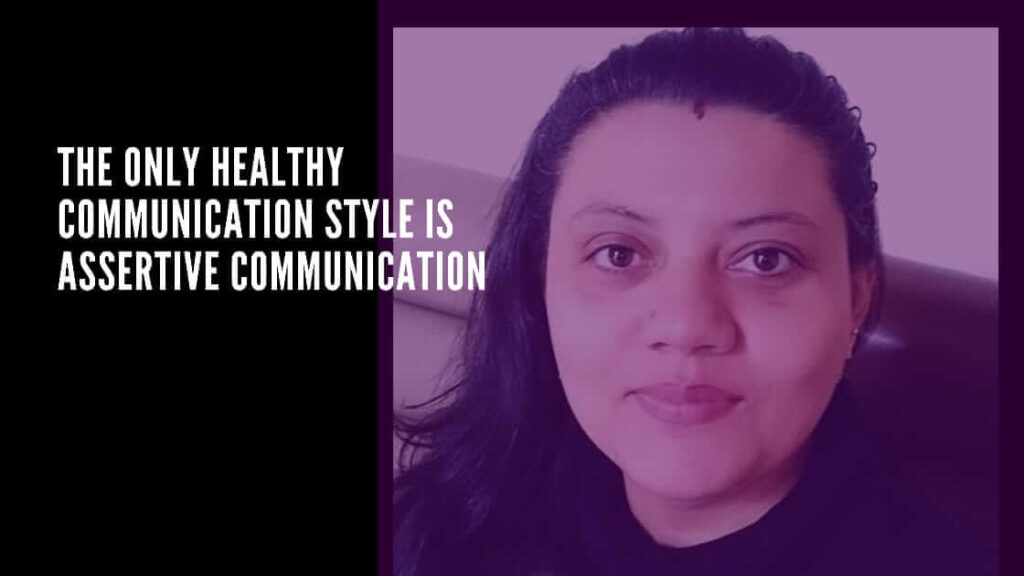If I had to choose one skill for most leaders to work on, it would be assertiveness. Not because assertiveness is such a great quality in and of itself. Rather, because of its ability to accentuate a wide range of other leadership qualities.
When people associate assertiveness with being aggressive and demanding, it gets a poor reputation. But that shouldn’t deter you from understanding how to put it to good use.
Every leader wants to be more self-assured, but very few know how to assert themselves. Being assertive lies somewhere between being passive and aggressive. You might come across as submissive if you don’t speak up when you have anything to say. And if you’re adamant about your point of view, you might appear unfriendly or, worse, a bully.
You can express yourself without being passive or confrontational if you learn to be assertive, and you’ll have a better chance of receiving what you want.
For all the emerging leaders, assertive communication is a key talent to master. It enables you to communicate confidently, deal with challenging situations with ease, and engage with others more authentically.
I’ve been on a journey to learn how to be more assertive, and it’s has a changed my life significantly on both fronts personal as well as professional.
Today, I am sharing the seven powerful habits to become more assertive in your life.
- Decide what you want
Be clear with about the end goal that you wish to attain. Whether is it to be loved or to be respected?
- Avoid sitting on the fence
Sitting on fence will leads to delayed decisions and added confusions. Delaying not only prevents problems from being solved, it can create new ones.
- Understand the context
Consider the context in which you find yourself. How is assertive behavior going to be viewed?
- Build relationships
When we don’t feel comfortable around people, we are often afraid of what others think. Get to know the people you are dealing with over coffee or outside of work. Social barriers may limit your assertiveness.
- Use “I” statements
Saying “You do this” or “You didn’t do that” can sound aggressive. Describing how you feel about the situation states your position on the matter while opening up the dialogue.
- Maintain confident body language
Our body language can have a big impact on how we are perceived.
Facial movements, hand gestures, and standing tall and straight or hunched over are examples of nonverbal communication.
- Adjust your speech
It’s useful to record yourself to hear how you sound and listen for too many filler words like “um.”
Talking too fast can also be an issue and can cause people to either disengage or be uncomfortable because of your perceived nervousness.
Did you check this course on Assertiveness ?

